“The Web Is A Collaborative Meaning-Making Technology”
In an earlier post I outlined my ideas for my very own facilitated online open course (FOOC) that would sit outside of my usual teaching activity. My ideas over the course of Connected Courses have been further informed and consolidated. Having tried to engage other colleagues in joining Connected Courses (rather unsuccessfully) I was interested to explore their reasons for not doing so.
The top 5 reasons for not joining were:
- Time (always a challenge, but where people see value they will usually find time).
- Purpose (This is the “what will I get from it?” syndrome).
- Fear (many of these colleagues are new to open education & even newer to online learning).
- Isolation (despite joining hundreds of others online they still feel as if they would be on their own).
- Cliquey (this is the perception that all the people on the course would already be experts who knew each other, which put them off).
The concept behind this new course is that it is designed to counter all of the above, and hopefully overcome other “barriers” that people might have and allow others to see the “Collaborative Meaning-Making” potential of open, online experiences.
The course is designed as a fully open online course that can be accessed whenever and wherever a learner wishes. However, at certain times of the year the course will run with a set of local (to their institution) facilitators with a particular remit to support & guide staff new to open and online. The facilitators will be asked to provide face-to-face support sessions, with a flipped classroom model being the main approach to the facilitation.
I want the face-to-face facilitation to be the most “valuable” aspect of the experience, where learners come together with their questions, share fears and aspirations and build confidence to connect with other facilitated groups globally.
The working title for the course is “Get Open, Get Online” (with the acronym GOGO & perhaps extending to hashtags such as #iwillgogo (other suggestions welcome).
I am proposing 12 “Units” of activity, probably run over a 12 week period so that the weekly commitment is minimal but manageable. The 12 Units:
- What is Open? – Understanding what it means to be open (in all it’s various guises).
- Power of Networks – Identifying the power of connecting beyond the campus.
- Tools & Systems – Opportunity to identify the tools available for networking & openness.
- Building Trust – Exploring the role of identity and exploring aspects of trust.
- Make a Connection – This session will connect learners beyond their campus.
- Resource Sharing – Through the connections learners will share resources/info.
- Review & Comment – Learners will receive and provide comments to each other.
- Reflection & Development – Equipping learners to develop & reflect openly.
- Changing Practice – Examining how being open & online can change practice.
- Implement & Activate – Equipping learners to put change into practice.
- Evaluation & Impact – What happened? How did it feel? What has changed?
- Pass it Forward – Encouraging learners to share their experience with others.

12 Units of GoGo
Now the amazing thing is that I potentially have some funding to support this activity, perhaps to fund development & hosting of the online platform but also to provide an incentive for local facilitators to get involved (for example I could perhaps buy local facilitators a “device” to help them in the role of facilitator and their other daily duties?
So there you have it, a rough, outline proposal for an open online course in helping others to learn about the benefits of joining courses such as Connected Courses.
So now it’s over to you, a favour to ask of you all. Please could you provide any comments on any of the above. Are you interested in developing this with me? Are you willing to run a local facilitation of the experience? Are the 12 Units ok? Have I missed anything?
Please add comments below (+ive & -ive) or get in touch via twitter or the contacts page.




2 Responses
[…] Simon Thomson in his design for an open online course, after attending the Connected Course MOOC last year, saw this as a way into helping skeptic academics learn about connected learning. He used his unsuccessful attempt to engage colleagues in this MOOC as a way into learning, surveyed them and learnt about their reasons for non-participation. His way to address the objections? Use local facilitators from a given institution who also knew about open education. Simon says, “the course will run with a set of local (to their institution) facilitators with a particular remit to support & guide staff new to open and online. The facilitators will be asked to provide face-to-face support sessions, with a flipped classroom model being the main approach to the facilitation.” […]
[…] have posted before about the development of an open, online course for beginners. Well I am delighted to say […]